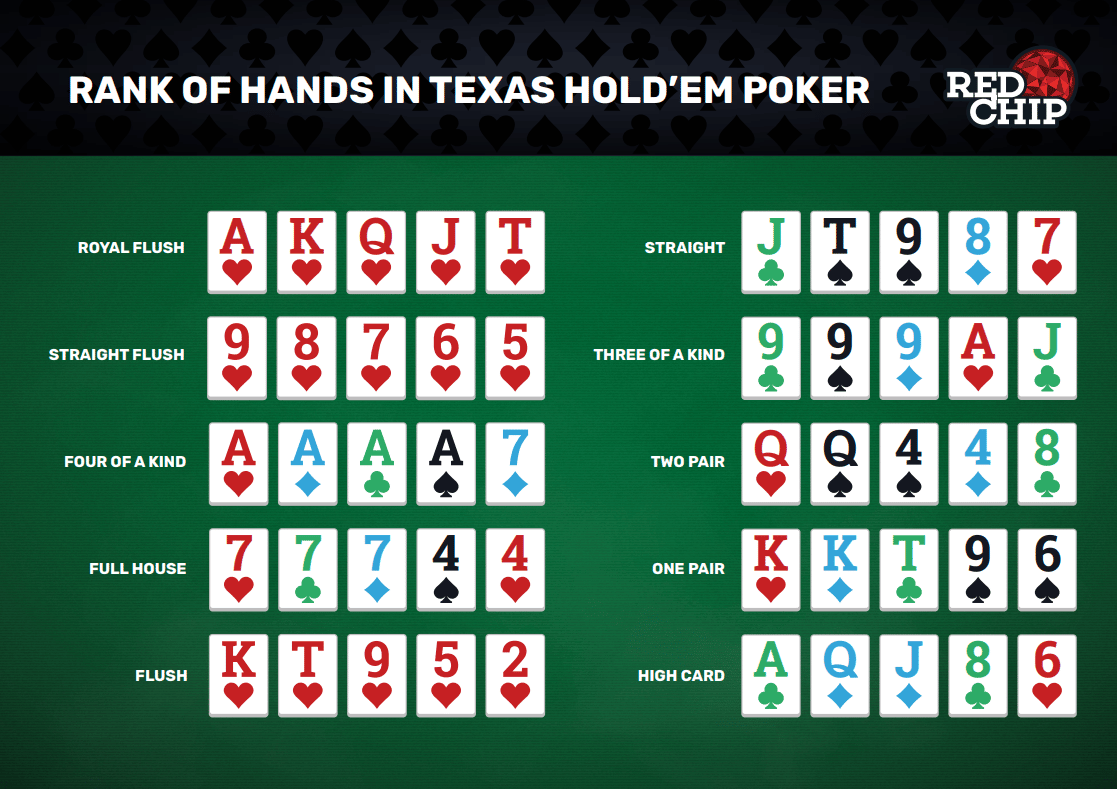
Poker is a card game that involves betting between players. It can be played with two to seven people. The game is based on the mathematical probability of obtaining a particular combination of cards. A poker hand consists of five cards. The highest hand wins the pot. Players can also bluff by making bets with inferior hands.
In poker, each player contributes a certain amount of money to the pot according to the rules of the game. This is called the ante. Each player must place a bet equal to the amount of money contributed by the person before him. In addition to this, players can bet on any combination of cards in their hand. A player who bets without holding a good hand is called a “fish”.
There are many different types of poker games and different limits. However, the basic principles of the game are similar in all of them. The game is played with a standard 52-card English deck, which can be supplemented with one or more jokers (wild cards).
The game begins when each player receives two cards face down. After this, a round of betting takes place. Each player may then decide to stay in the hand or fold it. Players must show their cards after the betting is done.
To win at poker, you must learn the game thoroughly. To do so, you should play at a table for 30-60 minutes and observe the other players’ actions. If you notice that the other players at your table are not good, it is best to call the floor and ask for a new table. This way, you can get a better game and improve your skills.
Once you know the basics of poker, it is important to develop quick instincts. This will allow you to make good calls and decisions in the heat of the moment. It is important to read as many poker tips as possible, but try to apply them on the felt before you study them off of it. The more you practice, the faster and more effective your instincts will become.
The most important thing to remember when playing poker is that your position at the table is very important. When you are in late position, you have a lot more information about your opponents’ tendencies. This will enable you to bluff more effectively and make stronger bets when you have a good hand. In addition, you can make more accurate value bets in late position. This will help you to increase your winning percentage in poker.